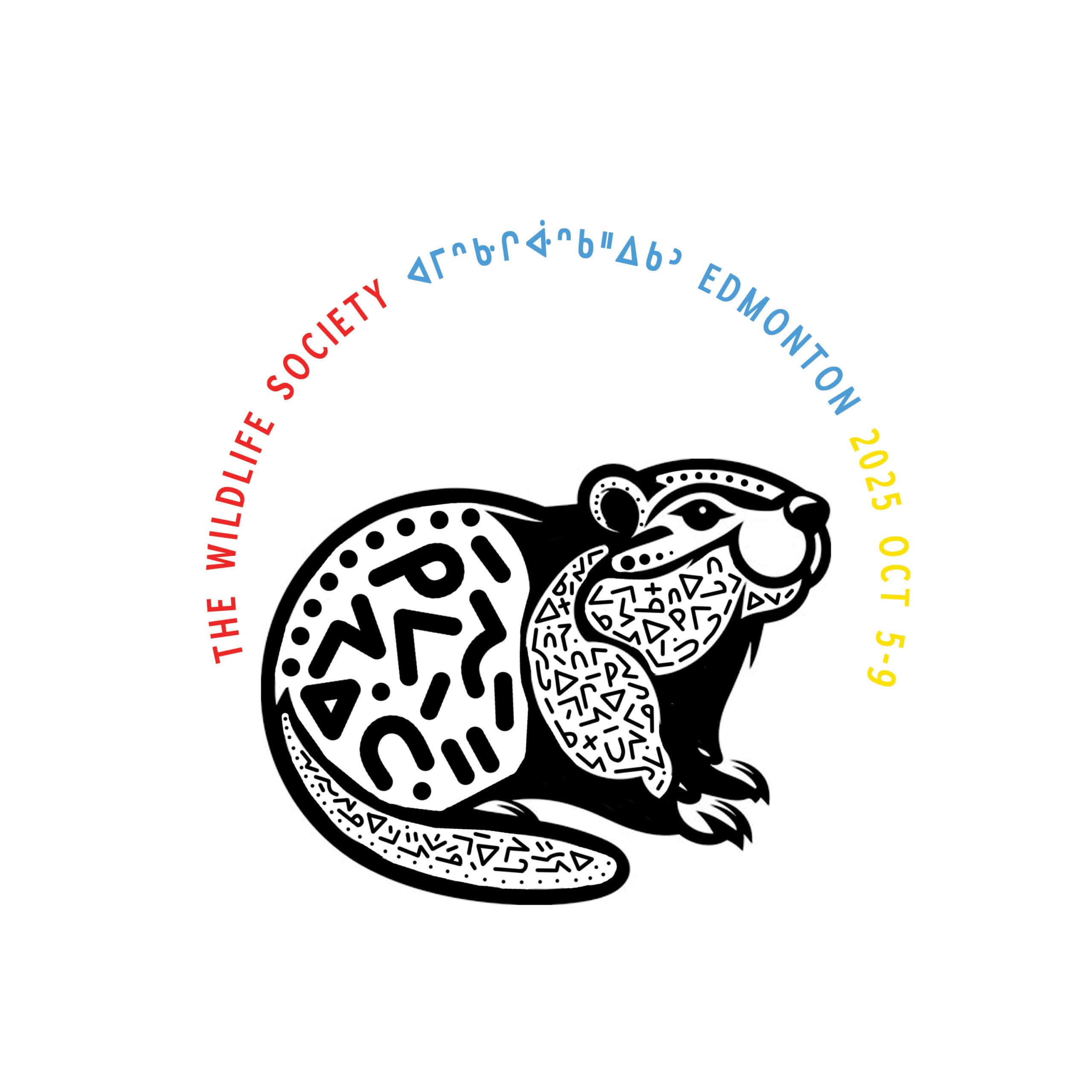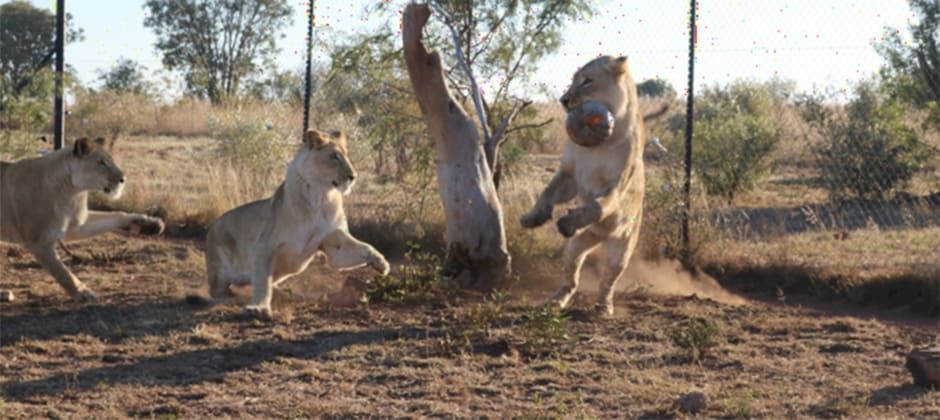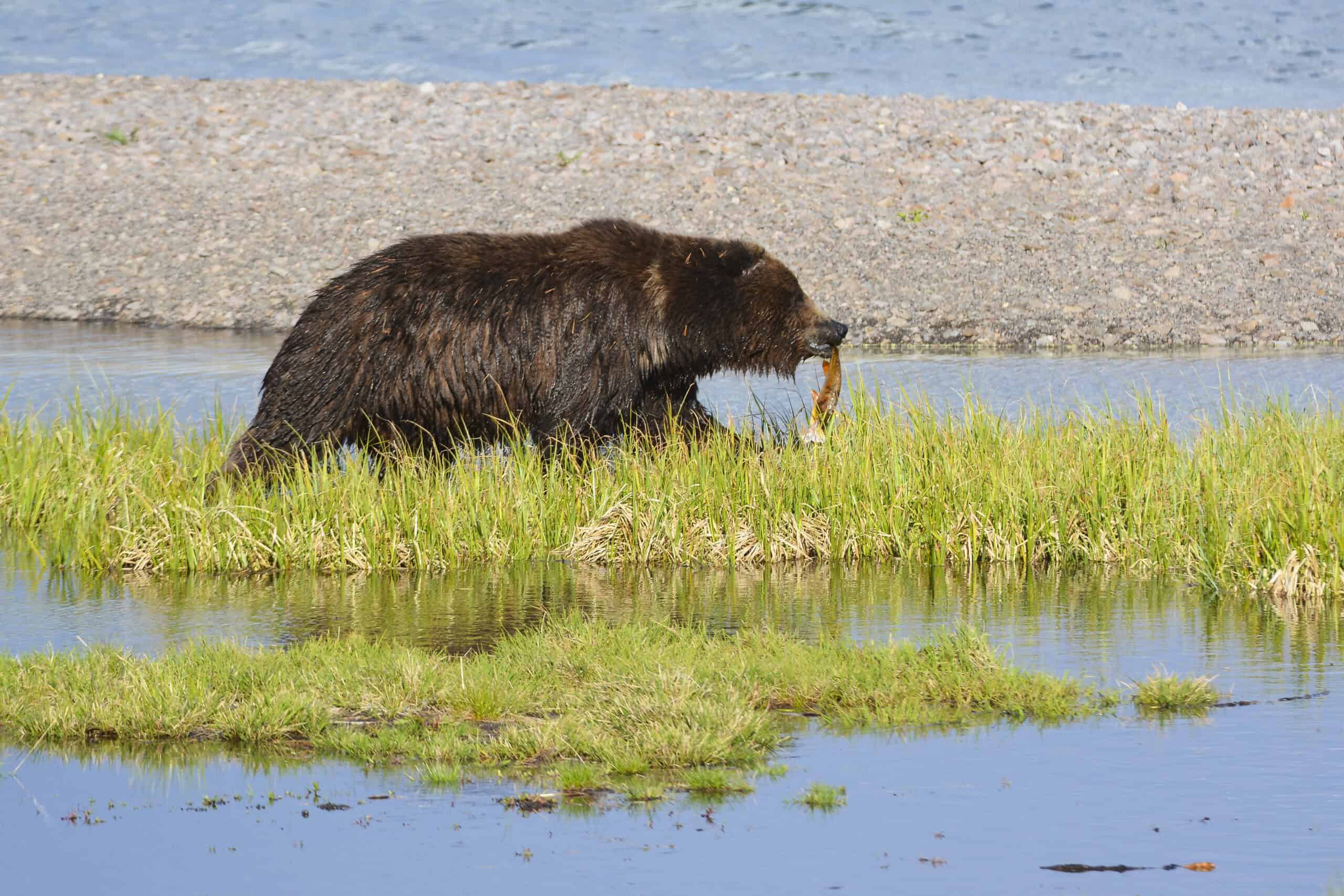Share this article
Could lions benefit from a dose of ‘love hormone’?
Among humans, oxytocin is sometimes known as the “love hormone.” It’s the feel-good chemical makes a hug feel nice. Lions (Panthera leo) aren’t known to be huggers—they can be fiercely territorial. And while that can help in the wild, it can be a hindrance on reserves and in captivity. But a sniff of oxytocin can make them less threatening, researchers say, a finding they hope can even help reintroduce captive lions into the wild.
On a wildlife reserve in Dinokeng, South Africa, researchers used hunks of raw meat to lure lions to a fence so they could spray oxytocin up their noses. Afterwards, they found the lions were more tolerant of other lions and displayed less vigilance toward intruders. “You can see their features soften immediately, they go from wrinkled and aggressive to this totally calm demeanor,” first author Jessica Burkhart said. “They totally chill out. It’s amazing.”
They published their findings in the journal iScience.
Researchers believe the treatment could help lions relocated from urban areas into reserves with other lions. “The hope is that this will translate to animals being relocated in the wild, helping them to become more inclined to their new social environment so they’re more curious and less fearful, leading to more successful bonding,” Burkhart said.
Watch a video of researcher Jessica Burkhart administering the oxytocin below, and read the study in iScience.
Header Image: Lionesses were less territorial with a pumpkin toy after a dose of oxytocin. Credit: Jessica Burkhart








